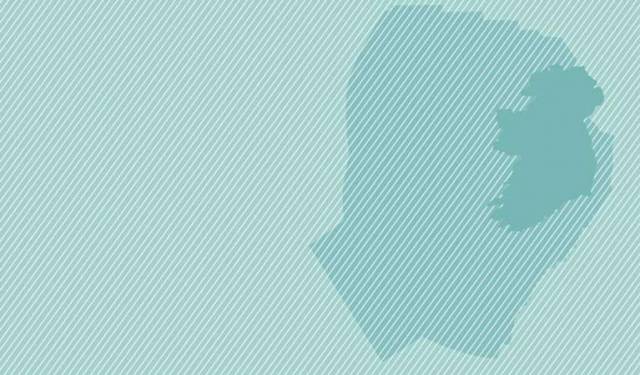The steps towards delivering a planning system for the seas around Ireland has been set–out by Government this week.
Minister for Housing, Planning and Local Government Eoghan Murphy and Minister Damien English published the 'roadmap' on Wednesday. 'Towards a Marine Spatial Plan for Ireland' is a 'roadmap' for the development of Ireland’s first marine spatial plan which ultimately aims to balance the different demands for using the sea including the need to protect the marine environment. It's about planning when and where human activities take place at sea. It’s about ensuring these activities are as efficient and sustainable as possible.
As an island nation, with sovereign rights over one of the largest marine areas in Europe, Ireland’s economy, culture and society is inextricably linked to the sea. Our marine environment is a national asset that yields multiple commercial and non-commercial benefits in terms, for example of seafood, tourism, recreation, renewable energy, oil and gas, cultural heritage, and biodiversity. The future sustainable development of our marine area affects many people. In order to create places and spaces where people can work, live and enjoy, those with an interest can have their say in the marine planning process.
Driven by the EU, it will ultimately give local or national authorities new powers beyond the current system of foreshore licensing requirements, effectively introducing a planning system for our seas.
This week's publication 'roadmap' document marks the first stage in the development of Ireland’s marine spatial plan.
Minister Murphy said that:
“Ireland is a maritime nation and we derive so much of our cultural, social and economic identity from our relationship with the seas that surround us. We are fortunate to have one of the largest and richest marine resources of all EU Member States. The Government has set out clear and ambitious objectives under Harnessing Our Ocean Wealth (HOOW) - Ireland’s integrated marine plan - to enable our marine potential to be realised. For example, we aim to double the value of our ocean wealth to 2.4% of GDP by 2030 and increase the turnover from our ocean economy to exceed €6.4bn by 2020. Reaching these goals will mean significant growth in seafood production and aquaculture, maritime transport, marine renewable energy, marine biotechnology and ICT, marine and coastal tourism and leisure. At the same time, we also recognise the importance of our rich marine biodiversity and ecosystems to our ocean wealth. We need a marine spatial plan to provide a coherent strategic spatial framework encompassing all plans and sectoral policies for the marine area that also ensures the sustainable management of our marine environment.”
The MSP for Ireland, which will be developed over the next 3 years, will provide a coherent framework in which specific sectoral policies and objectives can be realised. It is intended to become a decision making tool for regulatory authorities and policy makers into the future in a number of ways including, decisions on individual consent applications which will have to have regard to the provisions of the plan in the same way that terrestrial plans form part of the decision making tool-kit in the on-land planning process. It is also intended to form a key input to the development of future sectoral policies, similar to role of the National Planning Framework, Ireland 2040, in terms of terrestrial sectoral policy development.
Minister English, who has specific responsibility for implementation of the Maritime Spatial Planning Directive, said that:
“a clear framework for MSP, as a parallel to the National Planning Framework, Ireland2040, will bring a new level of coherence to how we plan and manage our marine resource. For example, a marine spatial plan will support sustainable environmental management of marine areas, improved certainty and predictability for private investments, lower transaction costs for maritime businesses and improved competitiveness for our marine sectors, improved use of sea space and coexistence of uses in coastal zones and marine waters. The plan will also ensure that our coastal regions and communities continue to be attractive places to live and work.”































































